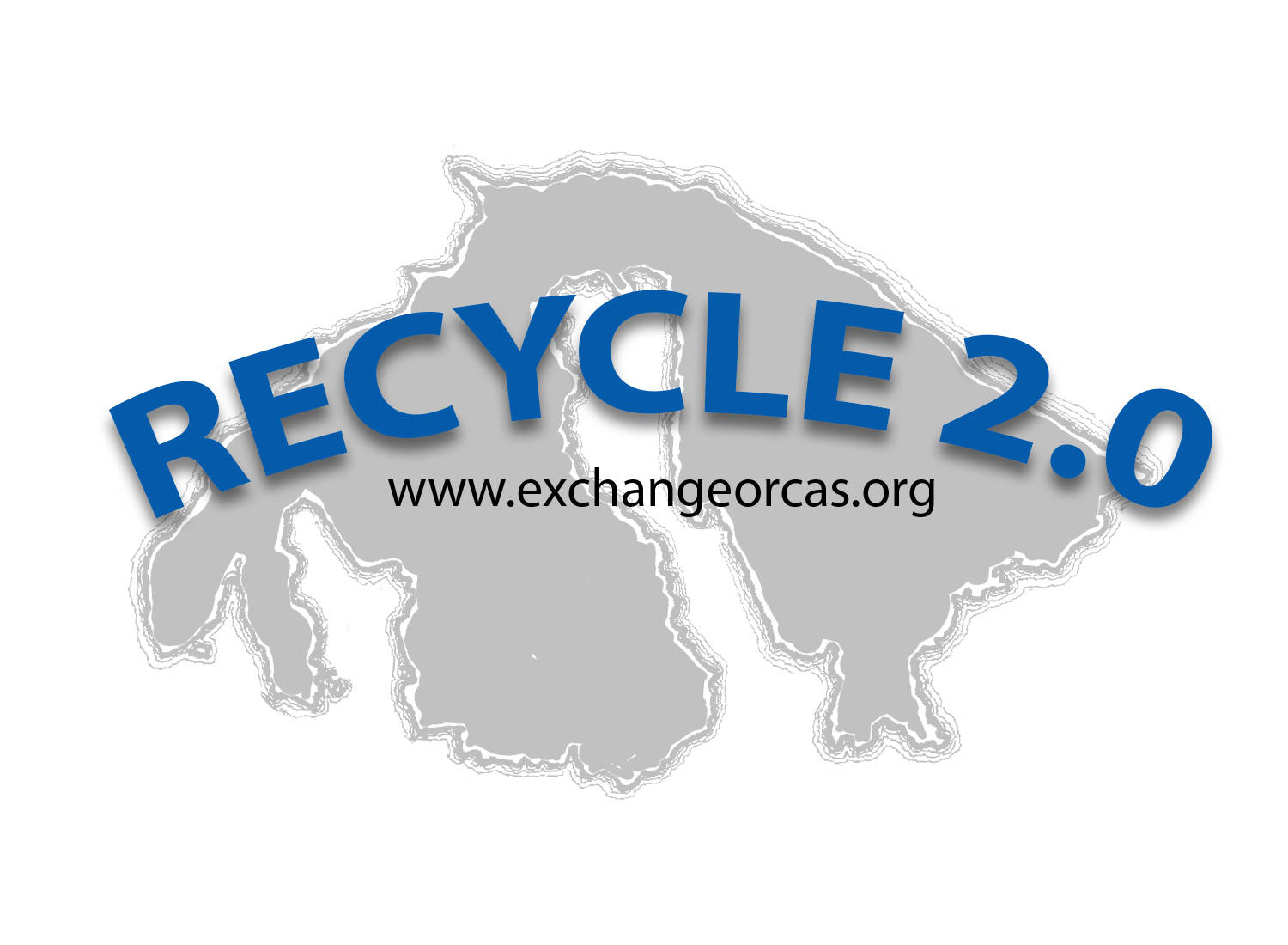The nationwide crisis in the recycling industry has hit home. Recycling prices at the Orcas Transfer Station will go up Aug. 9, as they have already done on San Juan Island. On Orcas, the cost for a 32-gallon can of recycling will increase from $4 to $5; and a ton of recycling from $200 to $250—a 20 percent hike.
In January, China announced dramatic restrictions on several categories of recyclable waste coming from the United States. For years China has been the final destination for most of the stuff Americans collect in their kitchen recycle bins. Those days are over.
Of the more than 20 materials China has restricted, the most impactful to households are mixed plastics and paper. This gets to the heart of co-mingled recycling programs across the country and particularly here in the Northwest, where disposal prices have skyrocketed.
“The price we pay Waste Management to dispose of the island’s recycling has increased by more than 140 percent since over the last year, and more than 2,000 percent since the beginning of 2017,” says Pete Moe, executive director of Orcas Recycling Services. “We simply have no choice but to raise rates at this time.”
Any price increase for garbage or recycling in San Juan County must be approved by the County Council. That approval came for both Orcas and San Juan in the last several weeks.
While some have criticized China’s actions, Moe says that it’s not really the country’s fault. “China has been taking our highly contaminated recycling for years and running recycling factories that contribute to their terrible air quality problems. I am not surprised they have grown tired of it.”
It has been common for a bale of mixed paper or plastics going to China to have contamination rates of 10 percent or more. China’s new standards are requiring contamination rates of 0.5 percent or less—rates that are essentially impossible for U.S. sorting facilities to meet.
That brings part of the blame back to the recycle bins in our own kitchens.
“As much as we try to educate the public on what is and is not recyclable, we still see an incredible amount of garbage in the recycling,” says Moe. “But this summer we are introducing a new effort to clean up the stream.”
ORS is calling the effort “Recycle 2.0,” and the first part is an education project that will run at least through the end of 2018. It will include new, printed guidelines, mailings, news and info in the local papers and social media. New educational efforts will also begin at the transfer station, including signage, handouts and volunteer screeners on-site.
The focus will be on the worst offenders: food and food residue, Styrofoam and bubble wrap, shredded paper, and clothing and fabrics.
It will also focus on “wishful” recycling items like bicycles, vacuums, strollers and other odd configurations of metal and plastic. “While these things might be recyclable if carefully disassembled and sorted by material type, that’s just not realistic to expect,” says Moe.
The second part of the Recycle 2.0 effort is more forward thinking: “The bottom line is that the international recycling system is expected to be broken for several years,” says ORS board president Tim Blanchard. “We need to act locally and do more than wait around for new factories and technologies to take hold in the U.S.”
For Orcas, that means accelerating plans to build a material sorting and baling facility at the Orcas Transfer Station. This will allow sorting of valuable commodities like metals and cardboard onsite, and more economical shipping of bales to the mainland for resale. It also means sorting and crushing glass to be reused on island as a landscape or fill material.
ORS is planning a public Recycle 2.0 panel discussion in October. It will feature a guided conversation with experts on garbage, recycling, composting and reuse, with time for public questions and answers.
All of these activities will be readily available on the ORS/Exchange website, at www.exchangeorcas.org.
New items of interest will be regularly featured in the monthly e-news, which you can sign up for at www.exchangeorcas.org/newsletter
ORS is also looking for people who care about recycling to get involved as volunteers. Anyone who is interested can sign up at www.exchangeorcas.org/volunteer.




